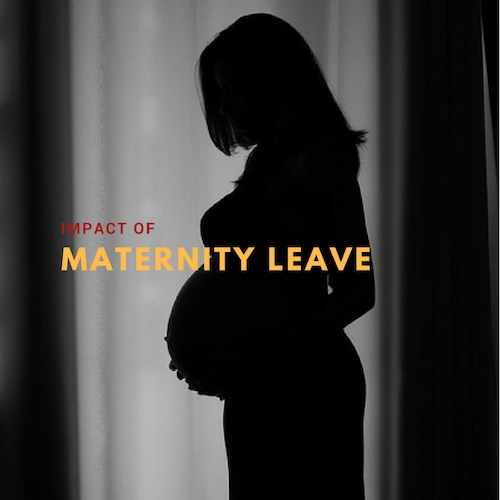While only 27 per cent of the total workforce in India comprises women at present, the Bill could hamper further entry of new women into the workforce
The Maternity (Amendment) Bill, which came into effect last year, was a remarkable move to encourage women to work, but the report from TeamLease Services, titled ‘Impact of Maternity Benefits on Business and Employment’, portrays a contrast view.
As per the report, the picture is dim for the workforce as women will lose their job as a repercussion of this Bill. It has estimated job loss of 11 lakh to 18 lakh in FY18–19, across the 10 sectors considered for the study.
Although it is one of the most progressive amendments, India Inc. seems to be divided on how the Maternity (Amendment) Bill 2017 will impact the acceptance and participation of women in the workforce. The immediate positive impact of the Amendment may be restricted to only three out of the 10 sectors covered under the study. However, in the long term, companies across sectors will realise the benefits of the Amendment.
Further, while currently, only 27 per cent of the total workforce in India is women and 14 per cent of the overall women workforce is employed in the formal sector, the Bill will significantly hamper the entry of new women into the workforce. Besides impacting the hiring of women, many of the respondents opined that the Bill will also affect the behaviour of the industry at large. For some, the behaviour is likely to be legitimate and visionary, with them supporting the intent of the Bill, while others are likely to be less encouraging. However, on the brighter side, it will have a positive effect on retention. According to various employers, the post-maternity attrition, which is currently as high as 56 per cent will drop to 33 per cent in the next four years, due to the adoption of the Maternity (Amendment) Bill 2017.
However, large companies including private- and public-sector as well as medium- sized public-sector companies seem to be more positive about the Amendment. They are even likely to hire more women as the financial and opportunity cost of replacement is higher than the cost of retention. Small-sized public-sector companies are positive, but may not increase the recruitment of women than it was earlier.
But startups, SMEs, medium-sized multinational companies, sectors with legacy HR practices and closely-held family-run businesses across sectors perceive the Amendment as a deterrent and are likely to reduce the women hires. Their apprehension is due to the overhead expense of maternity leave reimbursement and cost of establishing post-maternity support infrastructure. As per this study, some sections of SMEs, including manufacturing and services businesses, may resort to unethical practices, such as decreasing the salary upfront at the point of hiring as well as reducing recruitment of women. Further, for startups and SMEs, complying with the Bill is a challenge as they depend on investor funding and survive on razor-thin margins. Also, the probability that employees availing of the benefit may not re-join the same company is also a major concern leading employers to consider the Amendment a hurdle.
The benefits of the Bill are likely to be realised in the short term by new-age businesses, but the sectors that employ women in large numbers and have continuous, dynamic, operations are likely to be adversely affected in the short term. The medium-term impact is likely to be positive for all sectors, except those with a legacy of male domination in the workplace.



